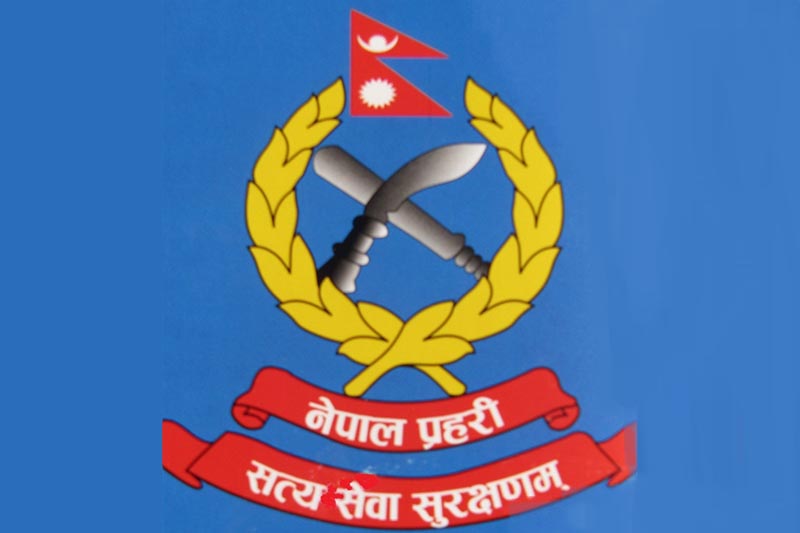Police reluctant to register FIR of trafficking victims
Kathmandu, July 23
In a blatant example of how reluctant police are to register cases related to human trafficking, 51-year-old Sanu Kaji Lama of Sindhupalchowk was seen running from pillar to post to lodge a first information case against five persons from his village, who had allegedly tried to traffic her daughter to a foreign country, at Anti-human Trafficking Bureau of Nepal Police in Babarmahal.
Sixteen-year-old Sajana (name changed) was rescued by Maiti Nepal from a check post at Nepal-India border in Kakarbhitta, and was later handed over to police on July 18. In the FIR prepared by Sanu Kaji, Sajana has clearly stated that a man called Gyalbo Lama, 31, had lured her with fake promises and brought her to Kakarbhitta with the intention of trafficking her. Despite all the information provided in writing, several prima facie, and recording her statements multiple times, police were reluctant to register FIR.
After their frequent visits and relentless efforts, police finally registered the FIR today evening. Activists say that inaction of police is one of the key reasons why many trafficking victims don’t approach police for justice.
As per the statistics of the bureau, only 190 cases were filed in first nine months of the fiscal 2018-19. Similarly, 305 cases were registered in the fiscal 2017-18, 227 cases in 2016-17, 212 cases in fiscal 2015-16 and 181 cases in 2014-15.
Similarly, a report of the Ministry of Women, Children and Senior Citizen shows that a total of 1,355 people were trafficked between the year 2012 to 2017. The data is significantly less compared to the data released by various national and international organisations.
In stark contrast, the 2015-16 report by National Human Right Commission showed that a total of 6,100 persons were trafficked from the country that year. It has also pointed out that around 13,000 women and children in Nepal were vulnerable to trafficking.
A report of the International Labour Organisation in 2002 shows that some 12,000 Nepali girls and women are trafficked to neighbouring countries each year. Similarly, the 2019 Trafficking in Persons Report released by the US Department of State has classified Nepal as a Tier 2 country, which means that the Government of Nepal does not fully meet the minimum standards for elimination of trafficking.
Although there is no exact data on how many people are trafficked every year, activists say that government data is drastically lower than the real situation.
Bishwo Khadka, chairman of Maiti Nepal, said his organisation alone rescued 200 to 400 trafficking victims from abroad each year. Similarly, it sent home around 3,500 suspected trafficking victims from various check posts at borders. “We don’t know why police records indicate less number of trafficking victims despite our close coordination with police,” he said.
Police, on their part, say that many trafficking victims do not come to police after their rescue fearing social stigma.






